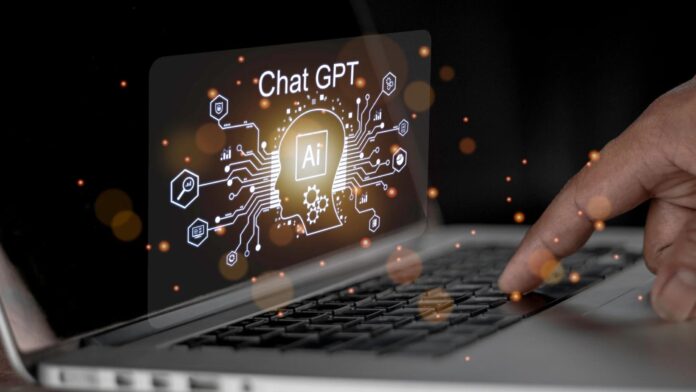profession not to be afraid of artificial intelligence (AI) and the chatbot ChatGPT, but to embrace them for a better delivery of the learning experience.
While AI has been around for many years, ChatGPT was released just seven months ago and has been evoking concerns globally, even by its developers, because of its impact on the production of information.
The pros and cons of both were explored in a recent symposium labeled “ChatGPT & AI: The Sharp Argument” by three Sam Sharpe Teacher’s College lecturers with over 150 online participants joining faculty and students for the event.
Moderated by lecturer Tyane Robinson, the symposium included presentations on “Artificial Intelligence: The Forecast for Jamaican Society” by Head of the Mathematics Department, Mr. Konor Peters; “Is AI Good or Bad?” by Research Officer Mrs. Kerry-Ann Kerr-Williams and “ChatGPT as an Education Tool” by Lecturer, Social Studies Department, Mr. Leroy Fearon.
In his presentation, Mr. Peters traced the development of artificial intelligence, outlining its purpose and predicted how he saw it developing in Jamaica. According to him, “AI will be like a psychic to humanity, where it does many of the heavy-lifting of mundane tasks such as writing reports, producing speeches and facts.”
He posited that AI would be disrupting some industries locally but will not paralyze them completely, so it may experience some paradigm shifts in education, entertainment, tourism, design, and engineering.
He said that in education, students may experience easier access to personalized curriculum, there will be an increase in persons with technical skills, a way in which students are assessed, and implementation of new policies.
In entertainment, Mr. Peters expects that there will be a boost in created content such as songwriting, voice acting, book publication, movies, animation, theatre arts, and photography.
While speaking in favor of AI, Mrs. Kerr-Williams warned that “an over-use of artificial intelligence tools can interfere with the development of your brain cells.”
In the classroom, she suggested that there should be guidelines for both students and instructors for the use of artificial intelligence, use information from a variety of sources, and be required to defend their papers.
NEW WAYS
Meanwhile, Mr. Fearon illustrated the use of ChatGPT in creating content and advised educators that the platform “can be utilized to brainstorm because you’ve been teaching the same topic for years, using the same methodologies, and expecting different results. It doesn’t work like that, but ChatGPT is here to help us to brainstorm new ways of disseminating content.”
Imploring educators not to run from it, Mr. Fearon said they should instead “see how best you can apply ChatGPT to make your work easier, to be more efficient and effective.” Principal of Sam Sharpe Teachers’ College, Ricardo Bennett, said the webinar was the first of many conversations that were envisaged surrounding the very topical matter of artificial intelligence.
“As a tertiary institution, we believe it’s important that we begin to talk about what the future of education will look like and what impact this technology will have in the way we assess, in the way we teach,” said Mr. Bennett.
Noting that it was the era of technology, he said, “We cannot turn back the hands of time so what we want to do is to see how we can use the available technology to ensure that we better serve and train our teachers. So here at Sam Sharpe Teachers’ College, we are moving with technology, not shunning it but embracing it and moving forward.”










